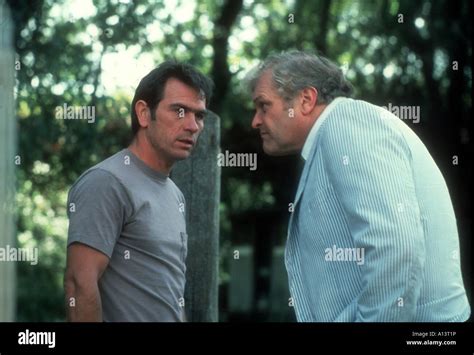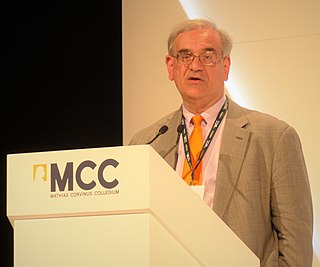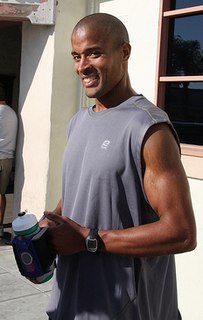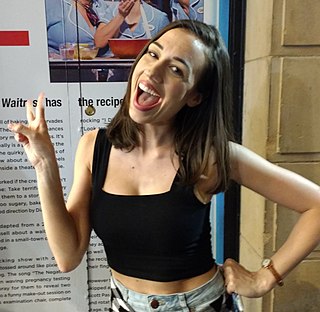A Quote by Tom Rickman
Dialogue works the least well when it's telling you what's going on.
Related Quotes
If you're going to make a film, and you're going to have dialogue, and you want to take the characters seriously, let's understand what they're saying. If there is going to be technical dialogue, let's render it in a way that the audience can understand it and expect that it's not going to be so far over their heads.
Well, nobody's being deported - nobody - practically. And so what the people down there getting is the American government is telling us that you're not going to be able to stay. But, in fact, they're letting almost everybody stay. And so what they're trying to do is show that at least some people are going to get deported.
As an actor, you don't really have a say or a voice in what the conversation of the show is going to be. So, as an actor, I'm just trying to make sense of why the character is making these choices, and somehow, in that way, you can sympathize or root, at least not detest, what this person is doing. That's, at least, my job in telling that story.
When you're doing those operation scenes, you not only have to be on top of the dialogue and the rhythm of the dialogue and what's happening dramatically, but you've got to technically get the rhythm right, so that everything is fitting with the dialogue at the right time. And you're performing the operation to the audience that's watching it. Thackery has to present it, as well. In some ways, that's the most challenging.
I am grateful for what I call well-spent moments: Making a tuna fish sandwich with the works. Taking at least a half hour to eat it outside. Ironing my vintage tea towels while watching old black-and-white film noir movies and sipping one martini with extra olives - a quirky combination, but it works.
I hate it when I'm reading a comic, and the dialogue looks like stickers stuck on top to explain what's going on. For me the best is when your eye goes in a certain point and moves through the composition and then springs out on the dialogue, or gets confused in the image and then goes to the dialogue for an explanation.
So this show [Cosmos] does not only operate on you intellectually, because telling you stories of how science works and why it works and what was discovered and why it matters, but combines that with stunning visualizations of the cosmos. This has the chance of affecting you intellectually and emotionally, and as well as even spiritually, because the wonder and awe of the universe are especially potent when presented in this way."





































